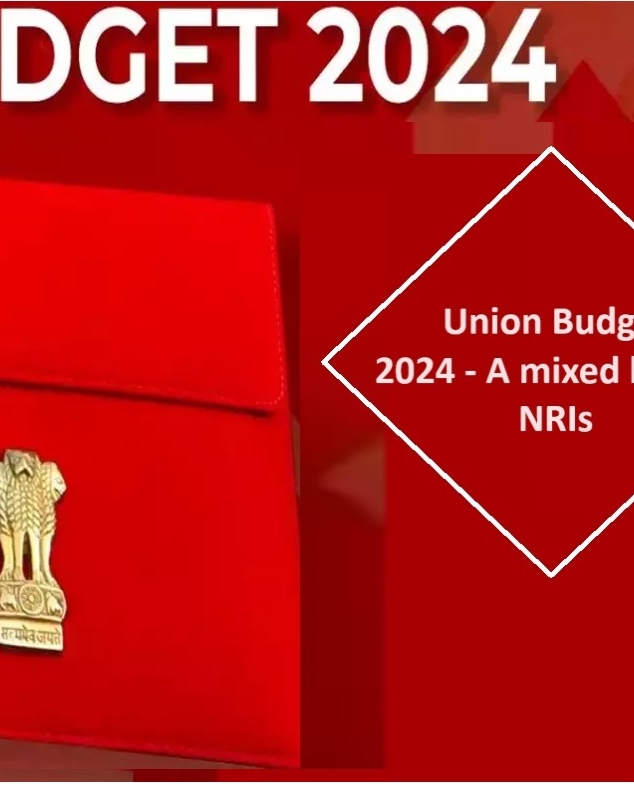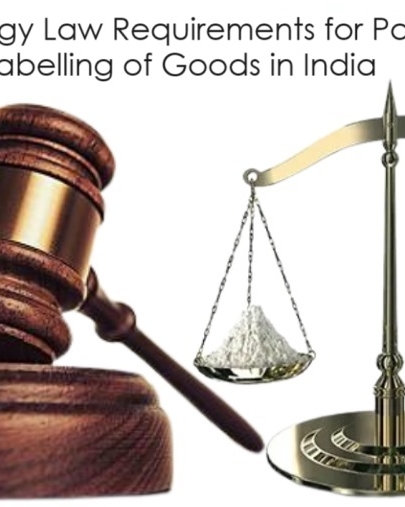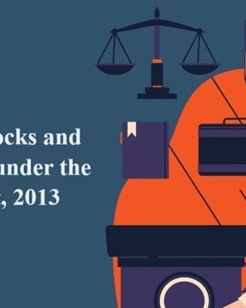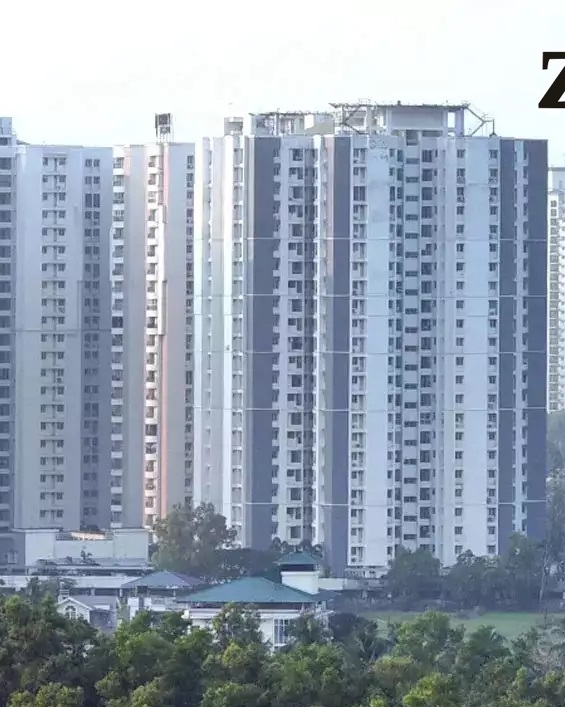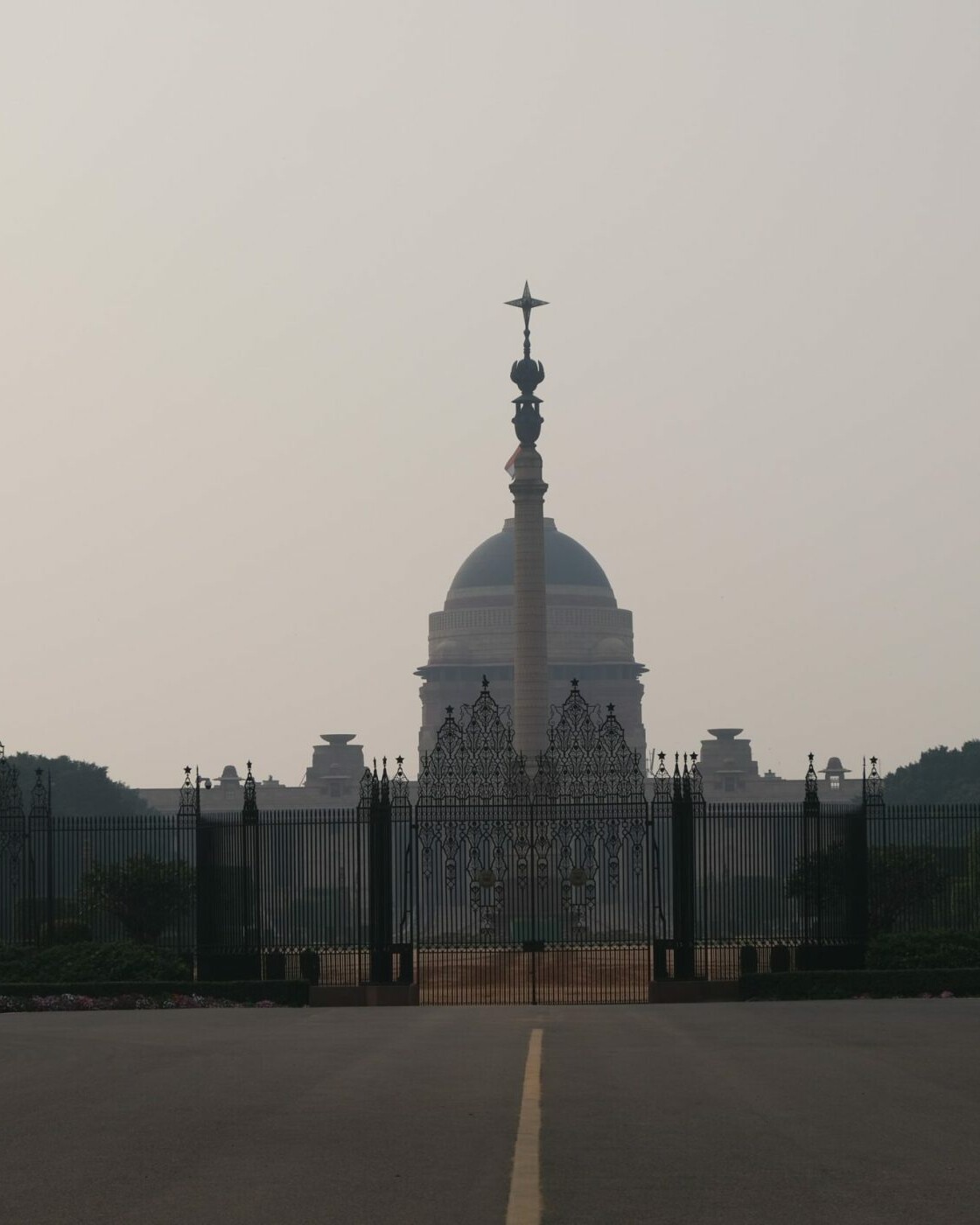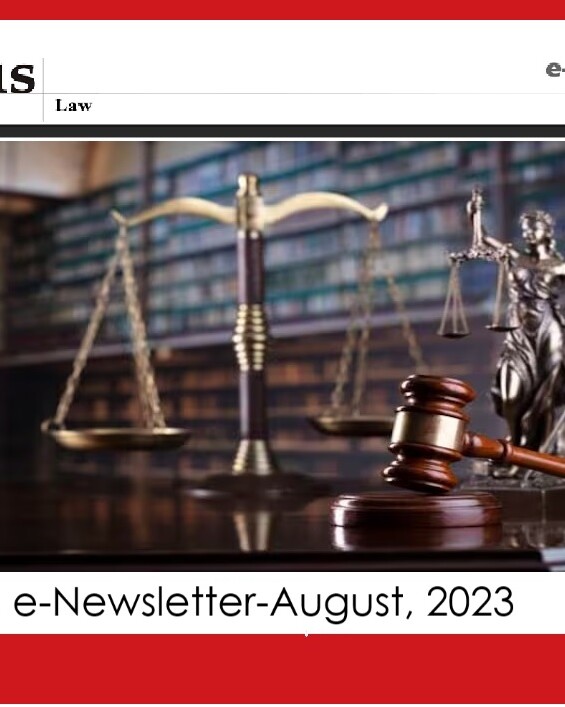Whether the date of default can be changed by the financial creditor?
Brief facts of the case
In the present case, Mr. Ramdas Dutta (“Appellant”), Suspended Director of Saraju Flour Mills Private Limited (“Corporate Debtor”), filed an appeal before the National Company Law Appellate Tribunal, New Delhi Bench (“NCLAT”) challenging the Order dated 26.08.2022 passed by the National Company Law Tribunal, Kolkata Bench (“NCLT”) by which an application filed by IDBI Bank Limited (“Respondent”) under Section 7 of the Insolvency and Bankruptcy Code, 2016 (“Code”) was admitted.
Contentions of parties
The Corporate Debtor submitted that the abovementioned application was barred by limitation as the same was filed beyond the period of three years from the date of default. Furthermore, no date of default was mentioned by the Respondent in Part-IV of Form 1, and subsequently, via a supplementary affidavit, the date of default was stated to be 31.08.2013.
However, the Respondent submitted that the limitation would start from 31.03.2014 which is the date of Non-Performing Assets (“NPA”) which was specifically mentioned by the bank in Form 1. Furthermore, since the date of default was 31.03.2014; therefore, it would run up to 31.03.2017 and since the Appellant had deposited INR 2.75 lakhs on 29.03.2017 in their account; hence, the limitation would stand to extend from 29.03.2017 to 29.03.2020 as per Section 19 of the Limitation Act (“Act”). Thus, the application dated 18.10.2019 was filed within the period of limitation.
Moreover, the Respondent also submitted that there has been a One Time Settlement (“OTS”) between the Respondent and Appellant. The said OTS was duly approved and accepted by both parties and hence, the period of extension would stand further extended by it.
Proceedings before NCLAT
The Hon’ble NCLAT observed that the period of limitation was from 31.08.2013 to 31.08.2016 and the Respondent tried to change the date of default i.e., 31.08.2013, as mentioned in the Affidavit, with the date of NPA, i.e., 31.03.2014. Furthermore, the Respondent failed to produce any evidence of acknowledgment of debt on the part of the Appellant during the period of 31.08.2013 to 31.03.2016 and when faced with difficulties while filing the application under Section 7 of the Code, the Respondent tried to project the date of NPA as the date of default in order to take it up to 31.03.2017,
While relying on several case laws, the Hon’ble NCLAT held that the period of limitation would only begin from the date of default and not the date of declaration of NPA and the said declaration cannot be treated as the date of default to bring an application filed under Section 7 of the Code within the limitation period.
Furthermore, the Hon’ble NCLAT held that as far as the payment of Rs. 2.75 lakhs made by the Appellant on 29.05.2017 is concerned, Section 19 of the Act will only come into play when the payment is acknowledged in the handwriting of, or signed by the person making the payment. Finally, the Hon’ble NCLAT on the issue of OTS held that the OTS occurred much after the expiry of the period of limitation and thus, the same could not be taken into consideration for the purpose of Section 18 of the Act to extend the time of limitation. Hence, the appeal was allowed.
Reference: Ramdas Dutta Vs. IDBI Bank Ltd. [C.A (AT) (Ins) No. 1285 of 2022]







